An exploration of the activities that an Epic Owner needs to perform to progress an Epic through it's lifecycle.
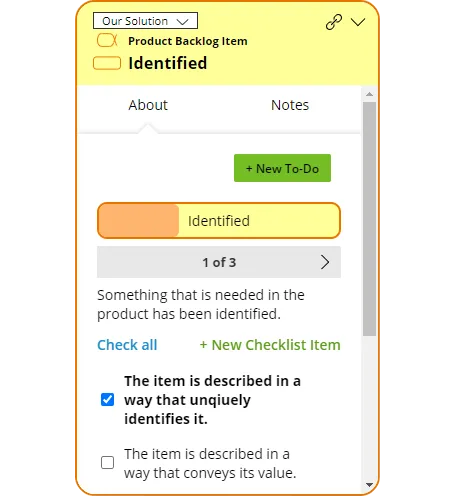
This article explains how to track progress of an Endeavor using the Essence standard and the key concept of Alphas.
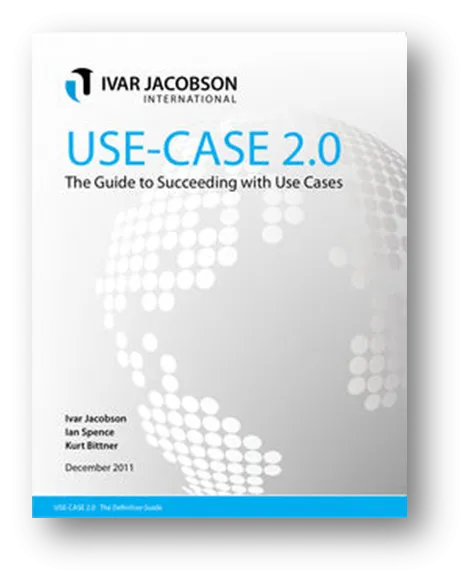
Use Cases - The Ultimate Guide …this guide describes how to apply use cases in an agile and scalable fashion. It builds on the current state of the art to present an evolution of the use-case...

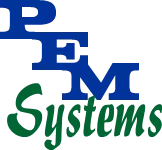
PI Planning is a core mechanic within SAFe; it’s one of the few things that SAFe does that is unique to it amongst all the other scaling frameworks. This series of...
PI Planning is a core mechanic within SAFe; it’s one of the few things that SAFe does that is unique to it amongst all the other scaling frameworks. This series of...
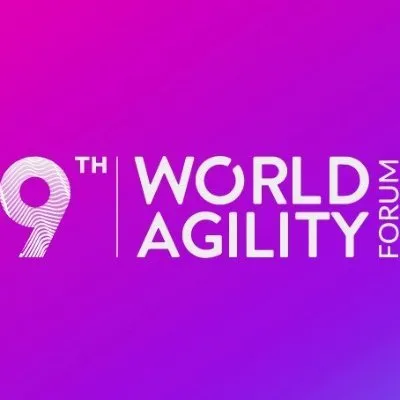
...and two incredible workshops, led by Ivar himself and Simon Girvan
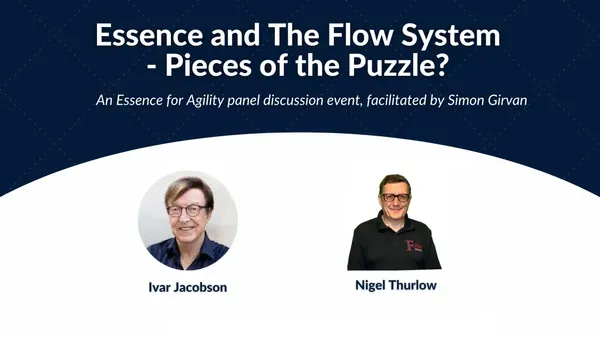
A free MeetUp looking at how Essence brings extra value to The Flow System and other frameworks
PI Planning is a core mechanic within SAFe; it’s one of the few things that SAFe does that is unique to it amongst all the other scaling frameworks. This series of...

Agility depends too heavily on tacit knowledge, but the Unified Process is too encyclopaedic. The answer? Virtual mentors that learn along with their physical peers.
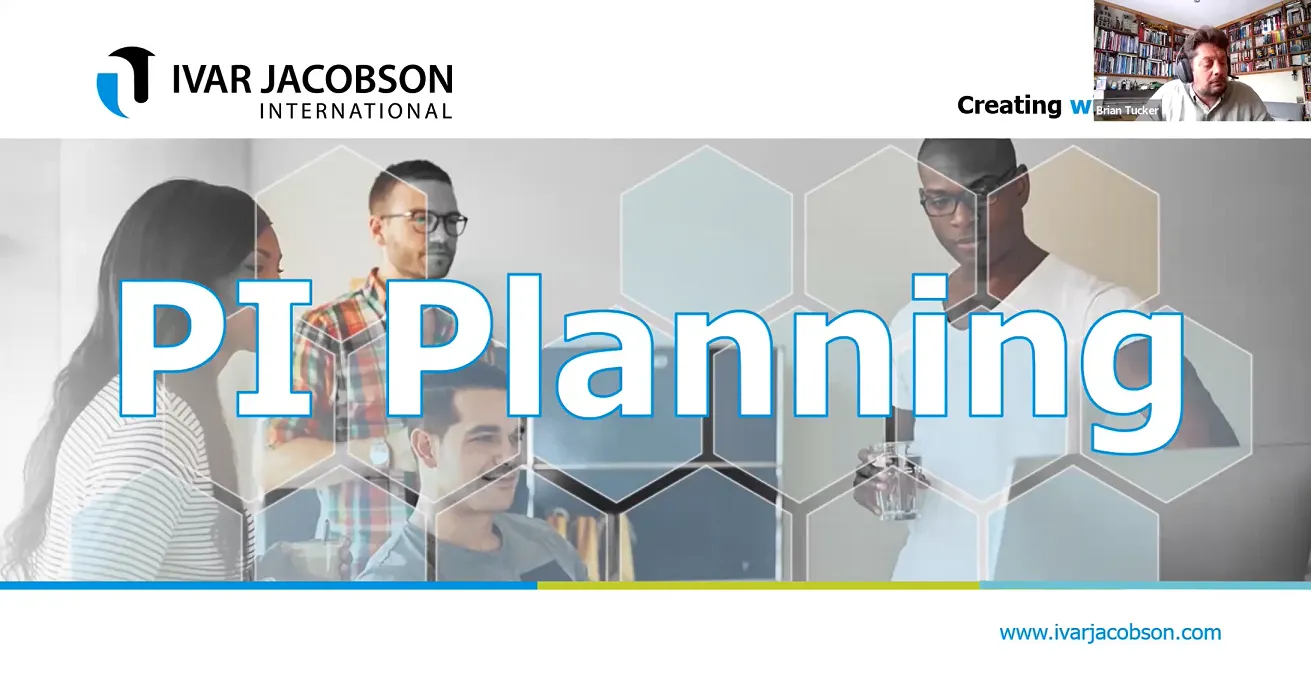
A free webinar exploring one of SAFe's most overlooked topics
The third of three articles exploring organising around value. This article tackles Funding and Reporting; how does the organisation know whether the Development Value Streams are doing the right...
The second in a series of three articles exploring organising around value. This article tackles Development Value Stream Patterns; what are some of the common structural patterns that are seen when...
The first in a series of three articles exploring organising around value. This article tackles Aligning Around Value; why you should align around value and some of the challenges that that presents...
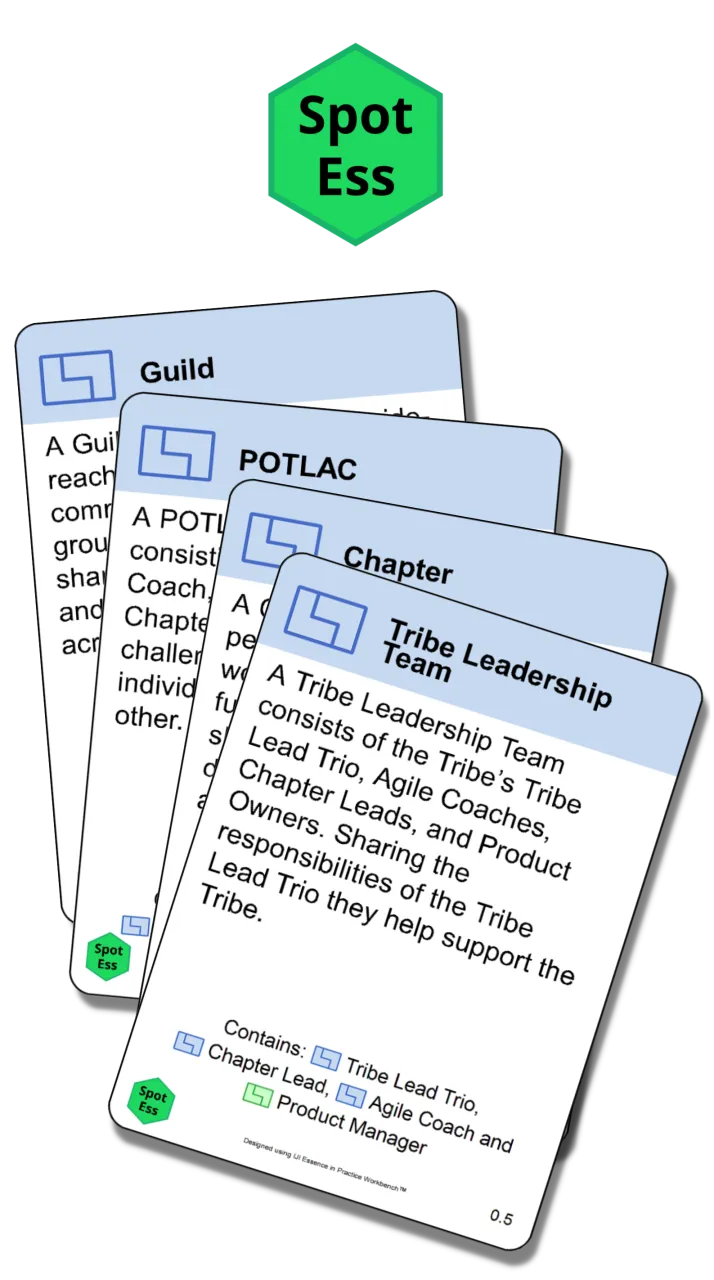
Ivar Jacobson (IJI) and Joakim Sundén are delighted to announce a partnership to describe the Spotify Model to help people better understand what it is, and using Essence as an enabler, evolve the...

An article by Roland Racko, President of eWyzard Inc, published in Dr. Dobb's Journal, 2004
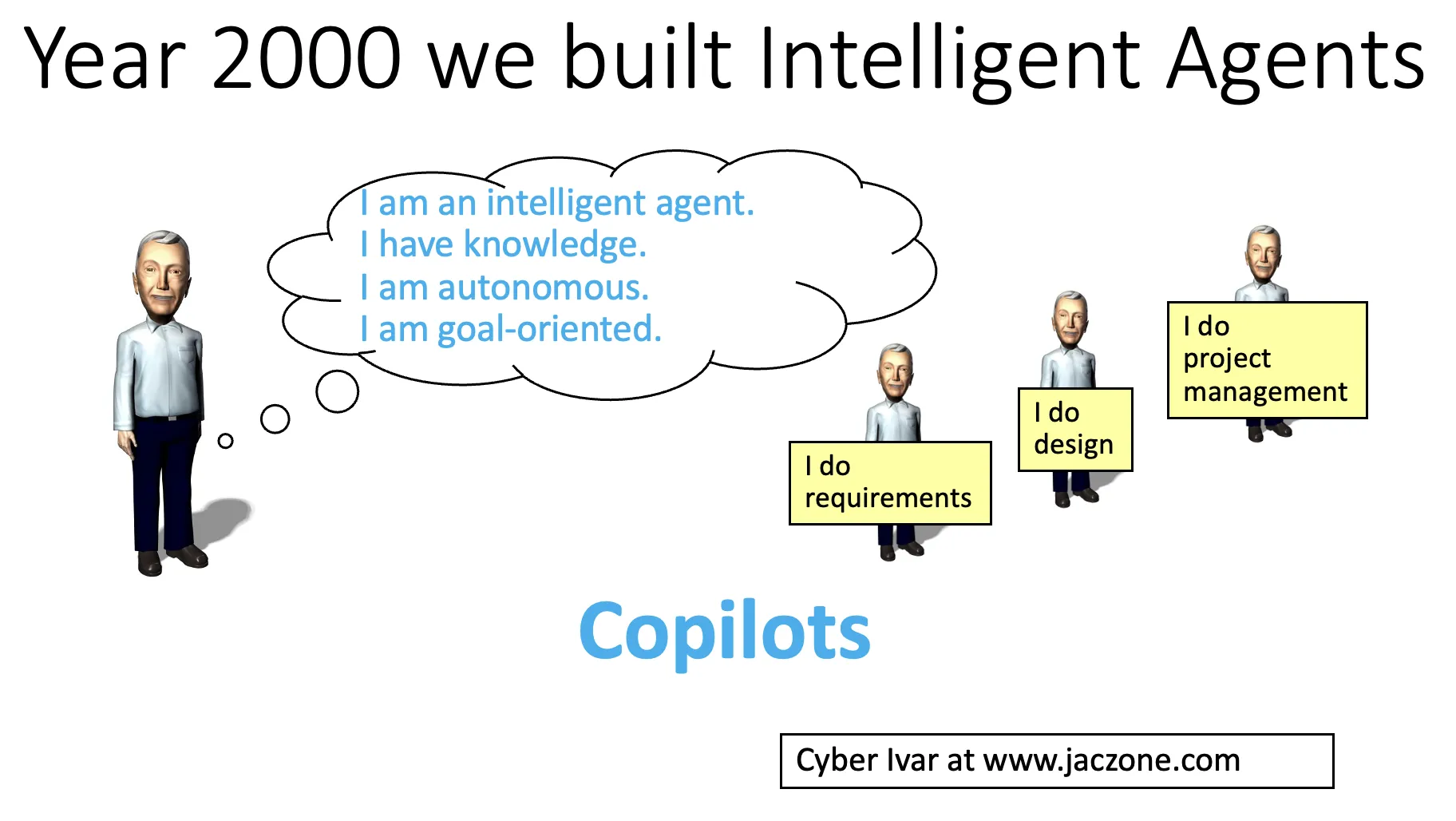
This is an extract of an article Ivar wrote for Cutter IT Journal, Jan 2002, and looks at how we can take Agile to the next level.
An exploration of the patterns that emerge for the structure of Portfolios and multiple Portfolios along with the scenarios to illustrate the decisions that might influence the necessity of multiple...
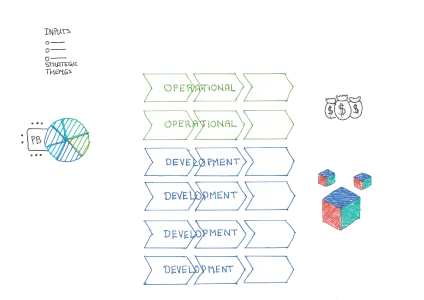
Can you have a Portfolio that combines both Operational and Development Value Streams? What are the challenges you might experience when attempting to setting up a Combined Portfolio?
The topic of “Can we have multiple Portfolios?” comes up fairly regularly in training courses, what are some of the implications and challenges associated with nested Portfolios within AR...
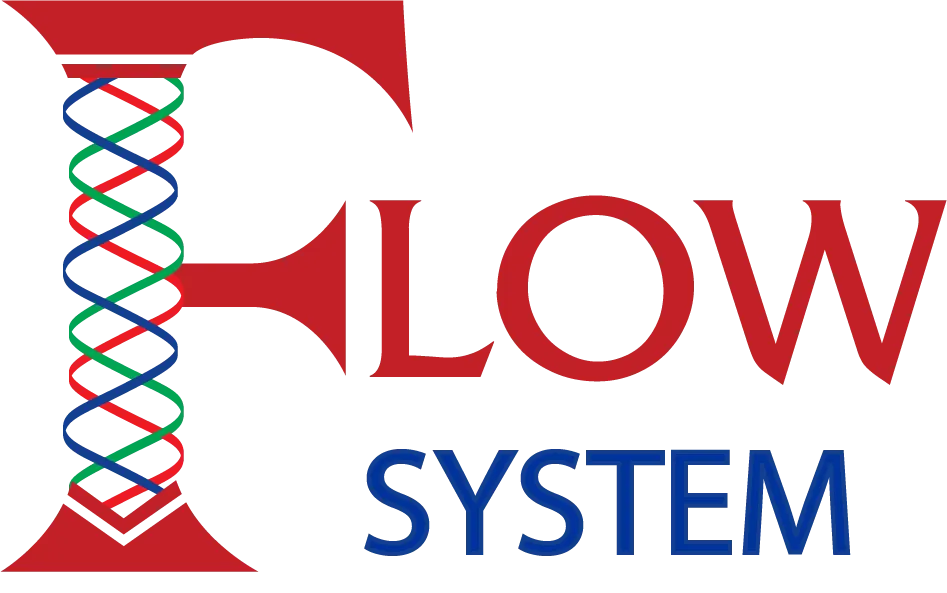
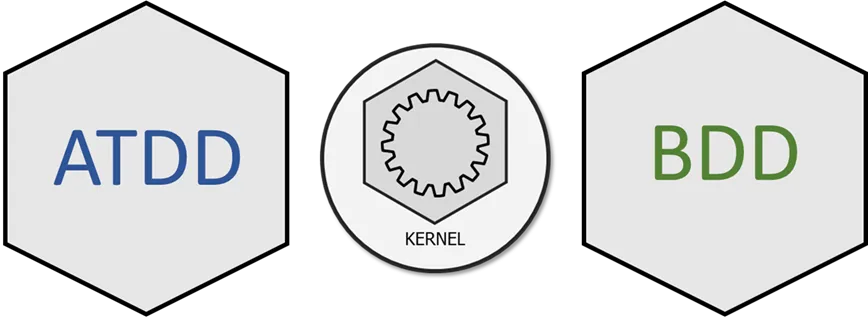
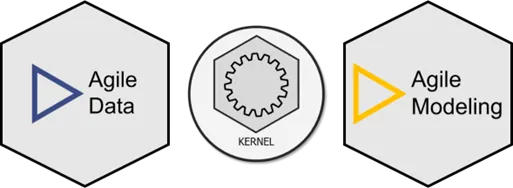
The topic of “Can we have multiple Portfolios?” comes up fairly regularly in training courses, what are some of the implications and challenges associated with multiple Portfolios within AR...
Over the last few years of studying and implementing Lean Portfolios I’ve come to develop a few, completely unofficial rules to act as guides
One key principle within the Scaled Agile Framework is to Organise Around Value, but this is easier said than done. In this free Webinar Series, Brian Tucker, Rune Christensen, and Odile Moreau...
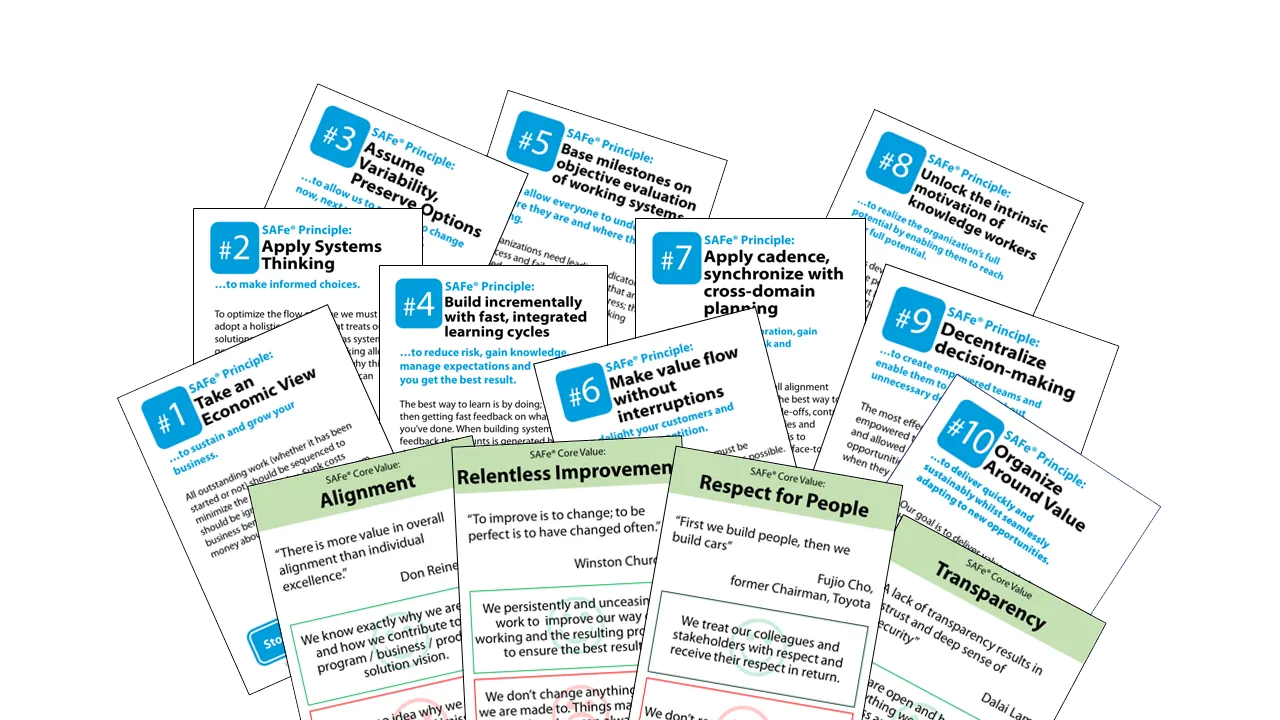
Scaled Agile Inc. have just announced SAFe 6.0, the latest version of the Scaled Agile Framework.
The changes realign their core values and rephrase a key principle amongst many other tweaks and...
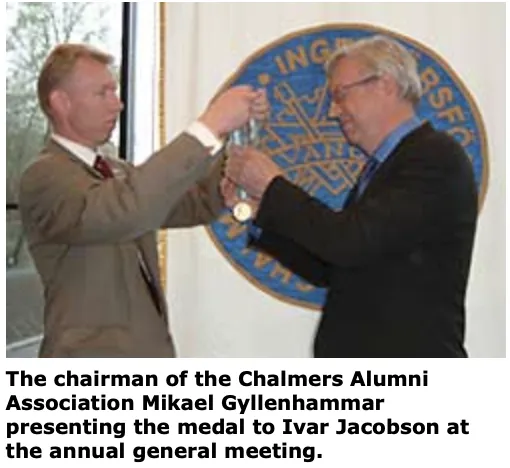
When Dr. Ivar Jacobson was awarded the Gustaf Dalén Medal by Chalmers University in 2003, at the age of 63, you could be forgiven for thinking it would be a fitting tribute to a distinguished career...
The ART Planning Board is generated during PI Planning and is used by the teams to visualise delivery and coordinate collaborations during a PI. This article looks at the ART Planning Board's use...
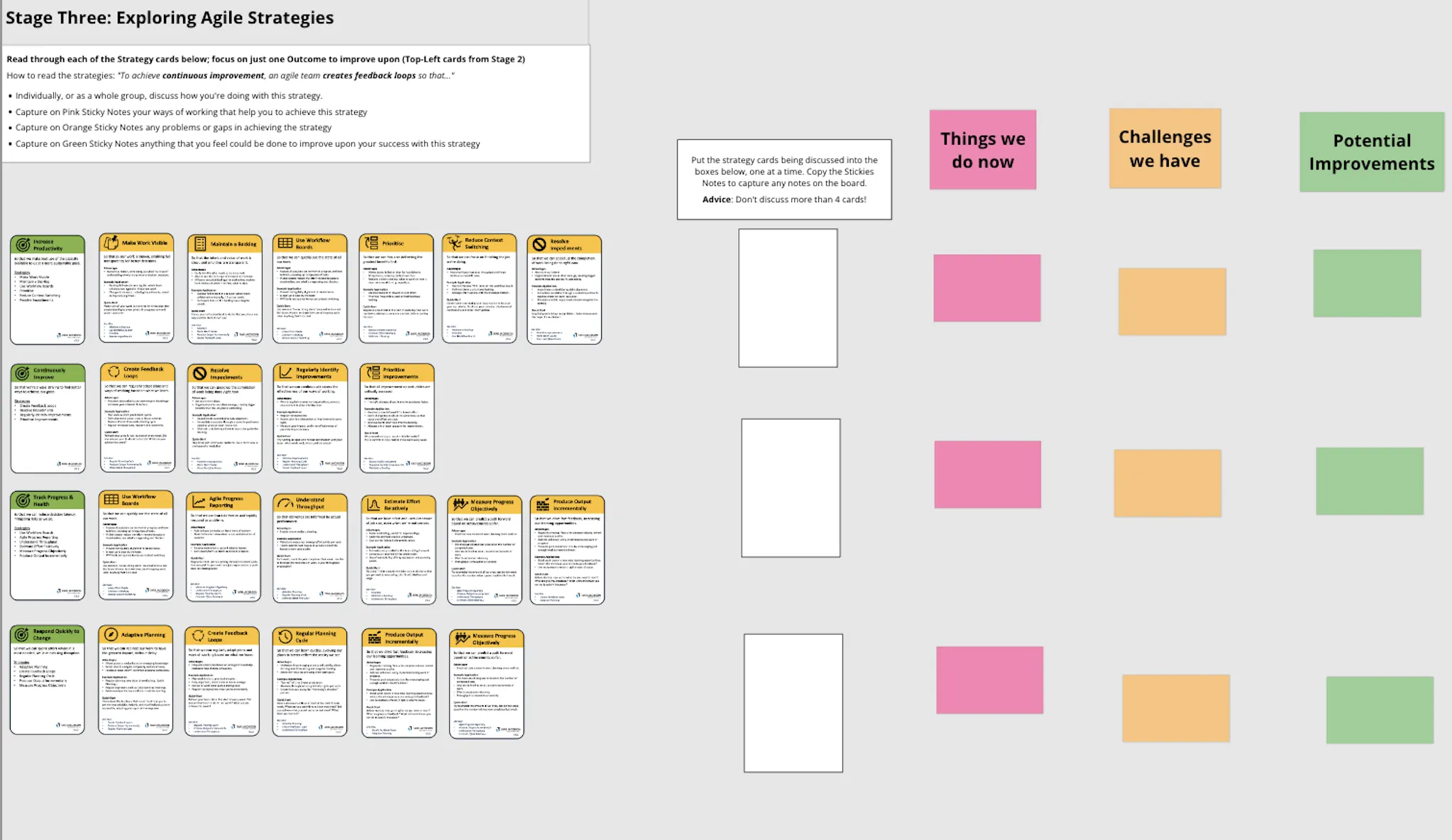
Serious gaming to encourage and nurture an agile mindset, beyond just software and product delivery teams, using jargon-light agility cards.